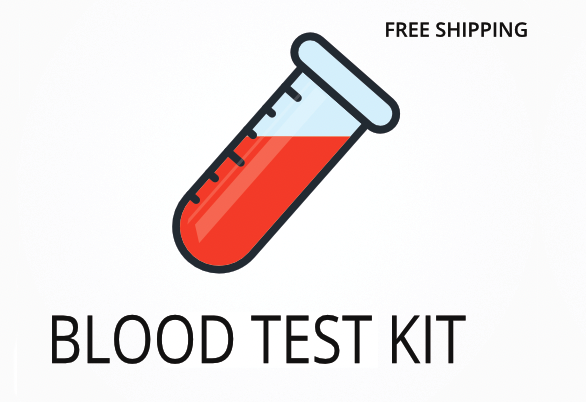 What are the Oxidized Phospholipids on apoB (OxPL-apoB) Test?
What are the Oxidized Phospholipids on apoB (OxPL-apoB) Test?
The Oxidized Phospholipids on apoB (OxPL-apoB) test measures the levels of oxidized phospholipids attached to apoB-containing lipoproteins. These lipoproteins are a type of fat found in the blood, and oxidation can lead to inflammation and cardiovascular diseases.
Importance of the OxPL-apoB Test in Medicine
Oxidized phospholipids are markers of oxidative stress and inflammation, which play a role in the development of atherosclerosis and other cardiovascular diseases. Measuring its levels helps in assessing the risk of heart disease and can guide treatment decisions. Your primary healthcare provider can always guide you with medical decisions.
Why Consider Ordering this Test?
Individuals with a family history of heart disease, high cholesterol, or other risk factors for cardiovascular conditions should consider this test. It provides valuable insights into oxidative stress levels and helps in monitoring the effectiveness of lifestyle changes or treatments aimed at reducing heart disease risk. Always consult with your primary healthcare provider when ordering any lab test.
Labs Included in Your Order
| Test Name | Reference Ranges | Explanation |
|---|---|---|
| Oxidized Phospholipids on apoB |
|
High: High levels of OxPL-apoB indicate increased oxidative stress and could be a higher risk of cardiovascular diseases.
Low: Low levels of OxPL-apoB are generally considered normal and indicate low oxidative stress. |
OxPL-apoB FAQ
What is the OxPL-apoB Test for?
This test measures the levels of oxidized phospholipids attached to apoB-containing lipoproteins, helping assess cardiovascular disease risk.
What do low and high levels mean?
High levels may indicate increased oxidative stress and a higher risk of cardiovascular diseases. Low levels are generally normal and indicate low oxidative stress.
What are the signs and symptoms of issues the test is testing for?
High oxidative stress and related cardiovascular issues might present symptoms like chest pain, shortness of breath, fatigue, and high blood pressure. It is crucial to consult with your primary healthcare provider if you are experiencing these symptoms.
How often should I retest?
Retesting frequency should be determined by your healthcare provider, usually based on your initial results and risk factors.
How accurate is the test?
This test is highly accurate and reliable when conducted by certified laboratories.
Are test results private and confidential?
Receive test results securely on TrueHealthLabs.com under ‘My Account.’ It’s critical that you share them with your physician. Results may be disclosed to health authorities only if legally mandated, e.g., for STDs or COVID-19. Review our privacy policy for more details.
Medical Review Board
Reviewed by Jeff Donohue M.D. from Body Logic and Brady Hurst DC, CCCN. Written by True Health Lab’s team of editorial health contributors.
Disclaimer: This information is for educational purposes only and not intended as medical advice. Consult your healthcare provider for personalized guidance.
Why Customers Trust True Health Labs - What People are saying
Also rated 4.6 out of 5 based on 3452 ShopperApproved reviews- See all TrueHealthLabs.com reviews.





